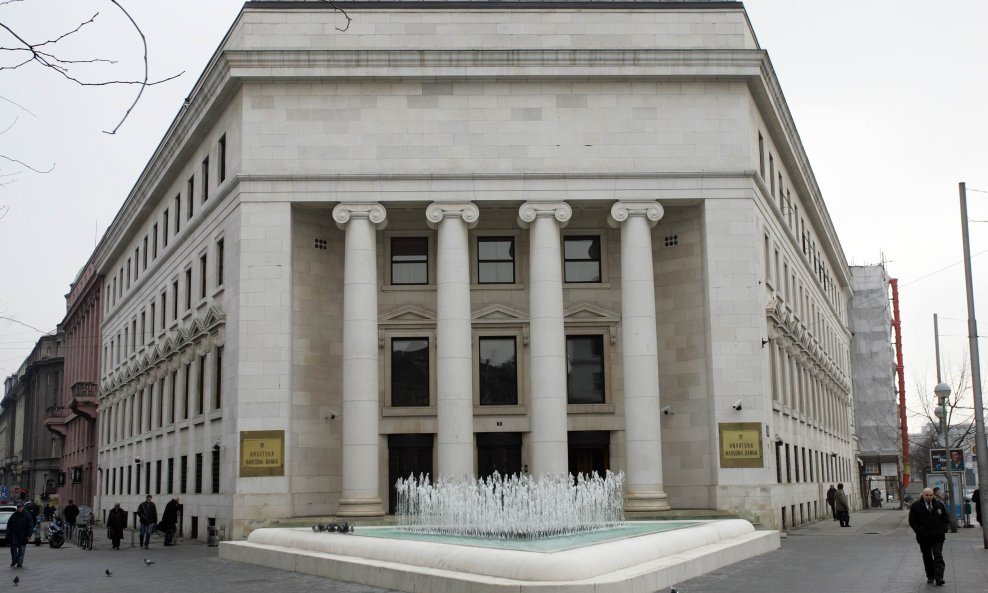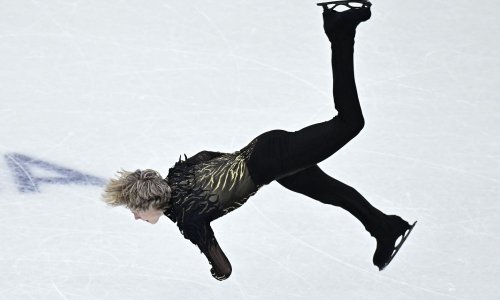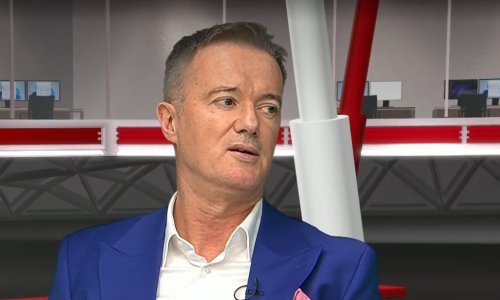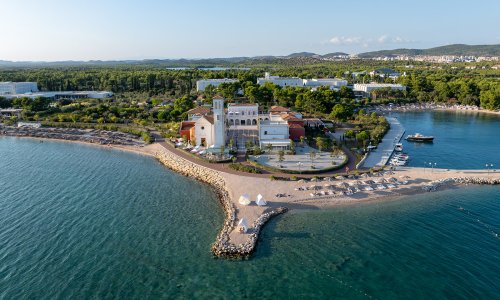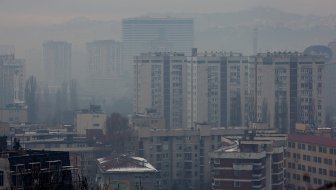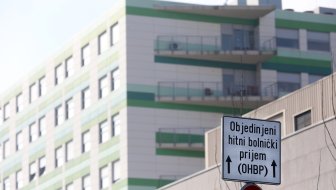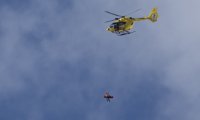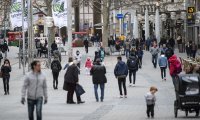Overall trends do not indicate the beginning of a recovery, the Croatian National Bank (HNB) said in its latest bulletin, released earlier this week.
Although seasonally adjusted GDP stabilised in the second quarter from the previous quarter due to strong inventory growth, all final demand components (exports of goods and domestic final demand) continued to record negative trends in the second quarter, HNB analysts said.
Available data for July show that industrial production and real retail trade turnover increased slightly from their average levels in the second quarter, and tourist nights grew annually.
Nevertheless, overall trends, including a continued fall in business confidence in July and August and a high degree of uncertainty in the international economic environment, do not indicate the beginning of a recovery, the HNB said.
Total exports of goods continued to trend downward in the second quarter, dropping by 1.7% from the previous quarter, according to seasonally adjusted data, before recovering to some extent in July. Similar dynamics were observed for imports (a decrease in the second quarter and a slight recovery in July).
After halting temporarily in the second quarter of 2012, unfavourable labour market trends resumed early in the third quarter, HNB analysts warned.
Average nominal wages in June and July remained at approximately the same levels as in 2011, whereas real wages were about 2% lower.
Consumer price inflation fell to 3.4% in July from 3.8% in June, and core inflation also decelerated, from 2.0% in June to 1.5% in July.
Monetary developments in June and July were marked by an increase in total liquid assets, driven by the seasonal growth of money and a rise in savings and time deposits, especially marked in the household sector.
Bank placements to the private sector almost stagnated, decreasing at an annual rate of 1.8% at end-July. This decrease becomes a slight increase (0.6%) when the effects produced by the Finance Ministry's assumption of shipyards' debts and exchange rate changes are excluded. Also excluding the effect of these changes, the annual growth of corporate placements slowed down to 4.3%, while the household sector continued to deleverage.
Having grown slightly in the first quarter of 2012, foreign borrowing intensified in the second quarter. Gross external debt grew EUR 0.6 billion in the second quarter, reaching EUR 46.5 billion at end-June, primarily due to an increase in central government foreign liabilities.
External debt owed by private enterprises also increased and, to a smaller extent, that owed by non-banking financial institutions. In contrast, foreign liabilities of banks and public enterprises decreased.
Standing at HRK 54.3 billion in the first half of the current year, consolidated central government revenues were 3.3% higher than in the same period in 2011. Such revenue growth, which is unexpected in view of the tax burden reduction announced by the Government when the budget was adopted, derived from the effects of tax reforms carried out early in the year and from improved tax collection.
Consolidated central government expenditures amounted to HRK 59.4 billion, a decrease of 1.1% from the first half of 2011, primarily due to a drop in expenditures for the use of goods and services (usually not sustainable in the long term) and subsidies.
Government capital investments went down by almost one fourth in the same period and expenditures for shares and net loans went up by HRK 0.7 billion. Consequently, the overall fiscal deficit stood at HRK 7.1 billion, decreasing by HRK 2.0 billion from the same period in 2011. Central government debt was HRK 170.2 billion at end-June, an increase of HRK 16.2 billion from end-2011, with approximately half of the increase due to shipyards’ loan liabilities assumed as public debt, the HNB said.



